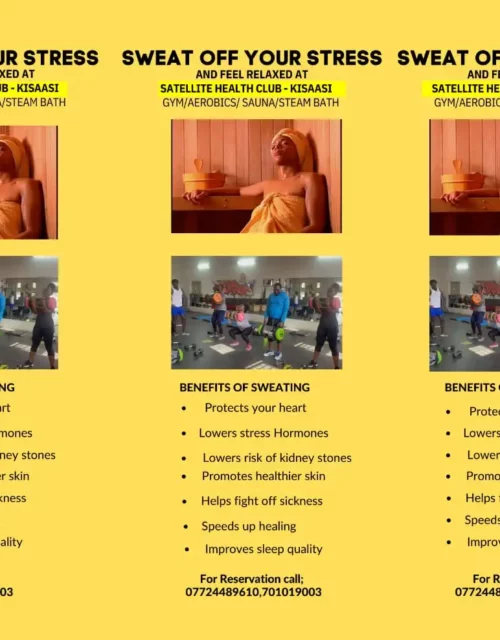By Spy Uganda Correspondent
Gunshots and petrol bombs reverberated across Kwa-Zulu Natal province and later spread to Durban and Johannesburg following the arrest of former President Jacob Zuma in the early hours of July 8.
In the days after that, sporadic protests turned into rampant looting, growing more violent and destructive in two of Southern Africa’s biggest economic hubs Durban and Johannesburg.
Stores were set alight, shops were looted and community members clashed with the police in what was the worst mass violence in South Africa since the end of white minority rule in 1994.
The unrest led to more than 200 deaths including children, elderly people and police officers and a total of more than 2,500 people arrested.
In a statement on Friday night, the South African president, Cyril Ramaphosa, announced that the destruction of property and infrastructure will cost the country billions of rand to be rebuilt.
Speaking to reporters in some of the areas worst hit by the unrest, Ramaphosa said authorities had identified “a good number” of those who planned and coordinated the violence, the worst in South Africa since the end of the apartheid regime in 1994.
“We will not allow anyone to destroy our democracy. This is a hard-fought-for democracy and we will not allow them to mess it up. We are ready to defend our country and to defend our democracy … We will not allow anarchy and mayhem to just unfold in our country,” Ramaphosa said.
The chaos and the destruction were unrelenting and unselective, from large multinational corporations to struggling small businesses. The stark contrast, however, according to Steve Ledwaba, a businessman in Johannesburg’s Alexandra township whose shop was vandalised and looted in the early hours of Friday morning, is that community convenience stores may have a harder time recovering from the carnage.
“I have no words,” said the 54-year-old. “I have lost everything. I served this community, I know everyone, I help them every day.”
Ledwaba had started selling a range of perishable goods such as bread and milk to the community from the backdoor of his two-room house in 2005, before opening his own shop.
“I wake up at 3am every day to make fresh vetkoeks [fried dough bread] for those that take the train to work at 4am. I didn’t mind if someone who needed bread or pampers or even cold drink was missing R1. Now they’ve destroyed me.” he cried out
The government has deployed the South African National Defense Force (SANDF) to the areas most affected by the unrest, while Ramaphosa on Friday suggested the violence was “planned and coordinated” and said the government would not allow “anarchy and mayhem” to take hold in South Africa.
While questions linger over the root causes of the violence and riots, some believe they were bound to happen.
“The majority of the people that are looting are poor and unemployed and tired of the inequalities,” said Vuyo Zungula, an opposition MP and president of the African Transformation Movement, who described the events as a culmination of South Africa’s unaddressed economic disparities and the gross indignity faced by a majority of its historically disadvantaged Black population.
Zungula said he believed that civil unrest of this nature and magnitude will continue over the next few years, unless meaningful economic reforms are introduced to benefit those who have long been marginalised.
In 2017, the Department of Agriculture Rural Development and Land Reform released the Land Audit Report, a 36-page document highlighting the racialized economic disparity and land ownership in South Africa. According to the report, Black people who make up the majority of the population, own only 4 percent of land, and white people, who make up just 12 percent of the population, own 72 percent of land.
In 2019, South Africa was declared the most unequal country in the world by the World Bank. The unemployment rate sits at a staggering high of 32.6 percent
“This is not just hunger; it is years of financial and psychological oppression of the poor. It is the result of suffering and exclusion,” said Mabutho Mthimkhulu, a community activist and preacher at a local Presbyterian chapter in Soweto. “We need to rebuild the country but things cannot go back to the way they are.”
The unrest came at a time when many businesses were struggling to get back on their feet after stringent coronavirus lockdowns resulted in the closure of restaurants, construction companies and other industries as the pandemic took a toll on the country’s finances. South Africa’s economy contracted by 7 percent last year, compared with 0.2 percent growth the year before.





